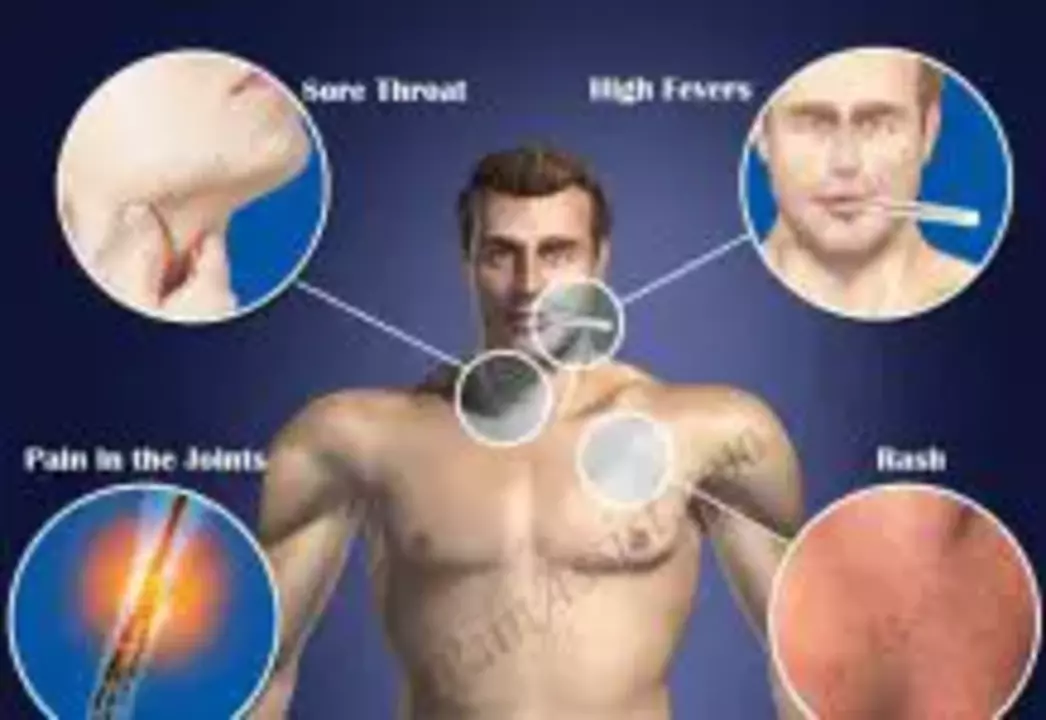Behcet's Disease: Signs, Diagnosis, and Everyday Treatment Tips
Ever had recurring mouth sores that just won’t quit, plus strange joint pain or eye redness? That mix can point to Behcet's disease — a rare inflammatory condition that affects blood vessels and can show up in many parts of the body. It’s not contagious, and symptoms come and go. The tricky part is that each person gets a different set of problems, so knowing the common signs helps you get the right tests sooner.
What to watch for
Start with the things people notice first: painful mouth ulcers that come back often and genital sores. Eyes can flare with redness, blurred vision, or sensitivity to light. Skin issues — acne-like bumps or tender nodules — are common. Joint pain, especially in knees or ankles, shows up in many people. In more serious cases, blood clots, inflammation in the brain, or digestive problems can occur. If you have two or more of these symptoms, bring them up with your doctor.
How doctors confirm it
There’s no single lab test that proves Behcet's. Diagnosis relies on your symptoms and ruling out other causes. Doctors often use a combination of exams: a full physical check, eye exam by an ophthalmologist, blood tests to check inflammation, and sometimes imaging like MRI or ultrasound. A simple skin prick test (pathergy test) can help in some regions — it looks for an exaggerated skin reaction. If multiple systems are affected, your care team may include a rheumatologist, dermatologist, and eye specialist.
Treatment aims to control inflammation and prevent flares. For mild disease, topical creams and steroid mouthwashes can ease ulcers. For more active disease, doctors use oral steroids and medications that suppress the immune system, like azathioprine, colchicine, or methotrexate. Biologic drugs such as TNF inhibitors are helpful when other meds fail. Your treatment plan should match what’s most affected — eyes need urgent care to prevent vision loss, while vascular or neurological involvement often calls for stronger therapy.
Daily life tips make a real difference. Keep a diary of flares to spot triggers (stress, certain foods, or infections). Good oral hygiene and avoiding spicy foods can cut mouth sore discomfort. Stay on top of eye checks and report any vision change right away. If you smoke, quitting reduces vascular risk. Regular exercise, sleep, and stress management help overall control.
Finally, find a local support group or online community. Rare diseases feel less isolating when you meet others who deal with the same ups and downs. Talk openly with your care team about medication side effects and quality-of-life goals — treatment choices often balance flare control with daily function. If you’re unsure whether your symptoms fit Behcet's, ask for a referral; faster diagnosis often means fewer complications and a clearer plan forward.
- June 12, 2023
- Comments 6
- Health and Medicine

